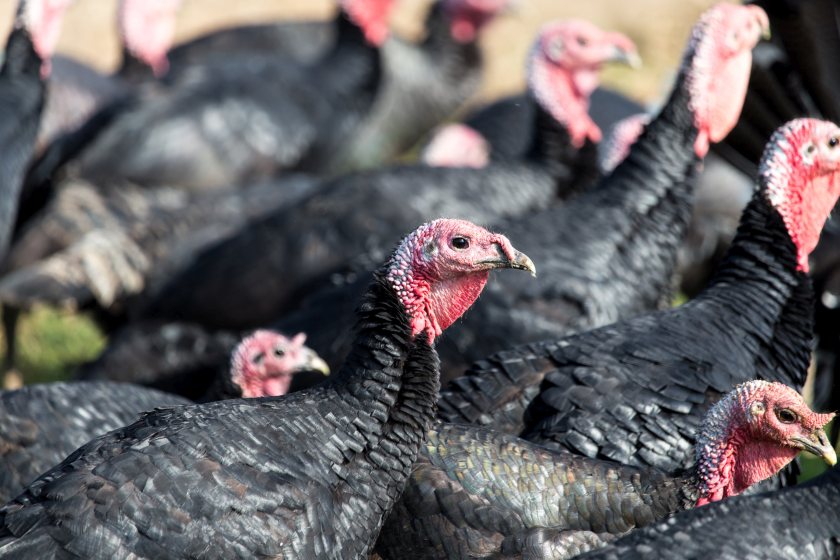Rising bird flu sparks fears of festive turkey shortages

A sharp rise in bird flu cases is casting new uncertainty over Christmas poultry supplies, with industry leaders warning that festive stocks could tighten just as demand reaches its peak.
Around 50 confirmed cases of two strains of avian influenza have been recorded since early October, and officials expect pressure on supplies of turkeys, chickens and ducks — especially organic and free-range birds, which face greater exposure to infection, according to The Guardian.
The seasonal arrival of migratory wild birds, which can carry the virus without showing symptoms, is adding to the risk, increasing the chances of transmission to commercial flocks.
Several farms producing turkeys for the Christmas market have already been affected. While the outbreak has not yet reached the severity of the 2022–23 season, when 207 cases were logged, case numbers are rising faster than at this stage last winter, when the agency had recorded 81 infections. That sharper trajectory is prompting concern across the sector.
The most recent escalation came on Sunday (23 November), when highly pathogenic avian influenza (HPAI) H5N1 was confirmed around 120,000 turkeys near Swaffham, Norfolk. The same site had 30,000 turkeys culled only two weeks ago.
A 3km protection zone and 10km surveillance zone has been imposed, and all birds on the site will be “humanely culled”. Similar restrictions are already in place around farms in Suffolk, East Riding of Yorkshire and Pembrokeshire.
Producers say the mounting caseload is already squeezing the industry’s capacity. Richard Griffiths, chief executive of the British Poultry Council, said: “We are looking at increasing numbers of cases and it is a bad season, much worse than last year.”
The pressure is also being felt in hospitality. Rachel Dobson, managing director of Lynx Purchasing — which supplies restaurants, pubs and hotels — told The Telegraph the sector was heading into an “unusually difficult” Christmas.
She said shortages from Europe and South America, key contributors to the UK’s seasonal turkey supply, were adding to domestic disruption. Some suppliers, she said, were reluctant to commit to prices or guarantee stock. “Operators may end up receiving fewer turkeys than they ordered, being sent smaller birds, or even being told that no supplies are available.”
The UK typically produces around 8 million turkeys annually, with slaughter for the festive market already under way. Birds sold fresh and whole are usually processed closer to Christmas, making later-season outbreaks particularly disruptive.
Biosecurity measures have been tightened nationwide. Mandatory hygiene rules are in force, and housing measures require keepers with more than 50 birds to bring them indoors — an effort to stem further spread while protecting remaining flocks.
With infections rising faster than last year and December still ahead, producers say the industry has little room for additional shocks — and much now depends on whether containment measures hold through the coming weeks.








